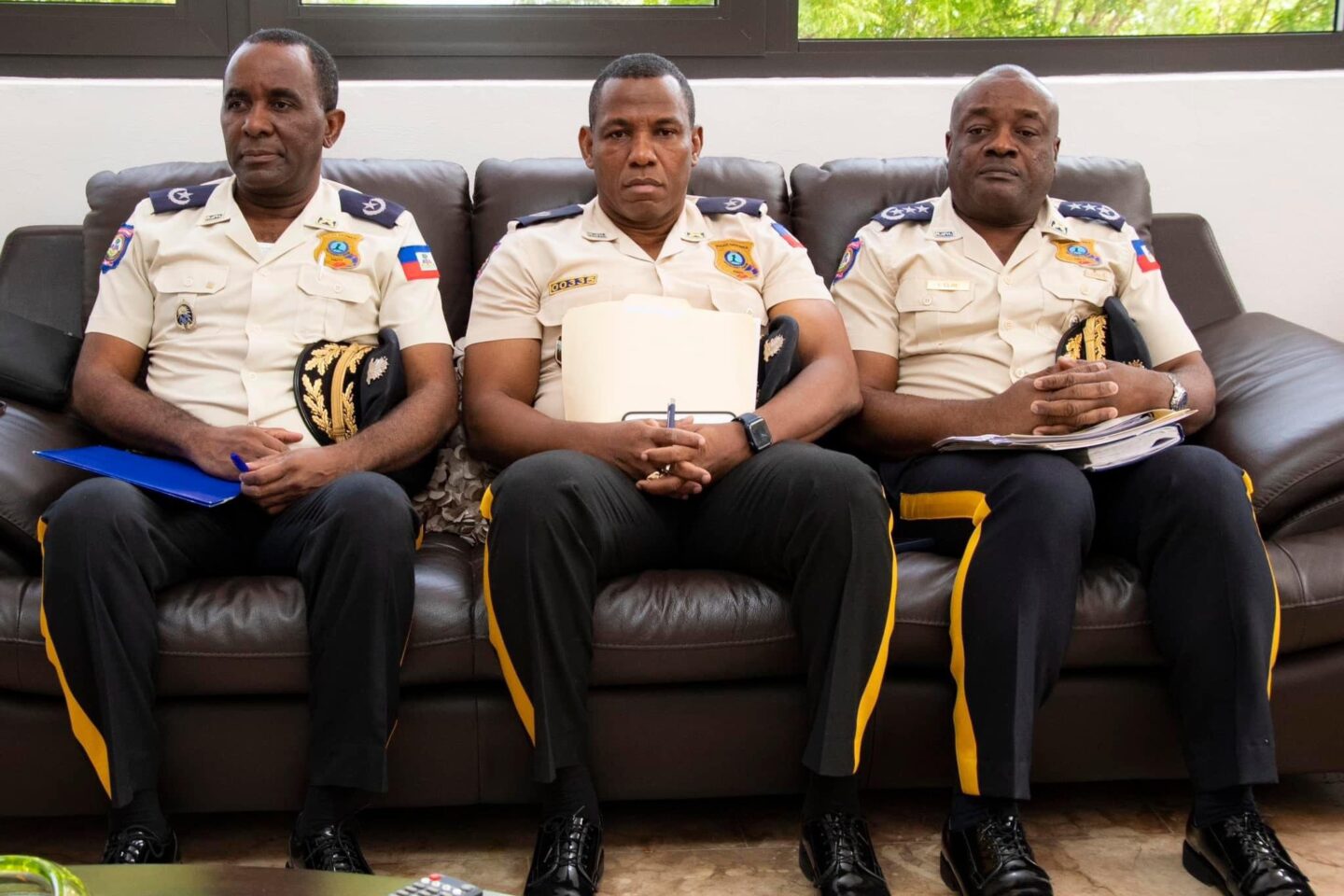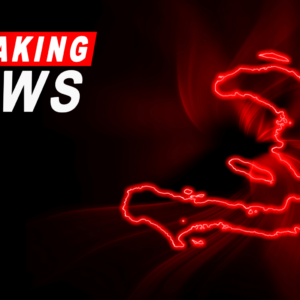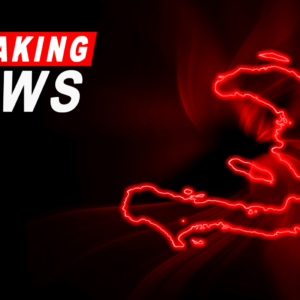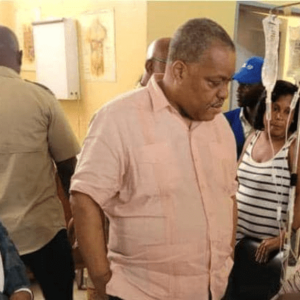Par Patrick Prézeau Stephenson
Mackendy Filderice’s recent article, “The PNH Takes the Reins of the Multinational Mission,” presents an optimistic view of the Haitian National Police’s (PNH) control over the upcoming Multinational Security Support (MSS) mission. However, this perspective overlooks several critical issues and complexities, particularly given the extensive experience of the Kenyan-led MSS in combating terrorism, such as Al Shabaab on the border with Somalia.
Context of the MSS Mission
The deployment of MSS forces, led by Kenya, constitutes a significant step in resolving the serious security crisis in Haiti. The PNH has struggled for years to contain gang violence and instability in the country. The arrival of well-equipped and experienced international forces offers a glimmer of hope to restore order. However, the assertion that the PNH will take the reins of this mission may be overly optimistic and somewhat unrealistic. While this helps protect Haiti’s sovereignty, we must recognize that, although under some form of political control, Kenyan-led troops are best equipped to tactically lead the mission.
Overestimate the capabilities of the PNH
1. Operational Control and Experience:
· The article states that the PNH will supervise all aspects of the mission, including the composition, objectives, rules of engagement and health monitoring of the troops. This level of control requires great operational expertise and a capacity that the PNH has not demonstrated in recent years. The HNP’s challenges in managing domestic gang violence call into question its ability to effectively command a complex multinational force.
· The MSS, particularly Kenyan forces, bring substantial experience in counterterrorism operations through their engagements against Al Shabaab. This experience is crucial in urban guerrilla warfare, where precision, intelligence and advanced tactics are required. It is doubtful that the HNP can match this level of sophistication without substantial international support.
2. Coordination and Integration:
· Effective coordination between the PNH and the MSS requires transparent integration and mutual understanding of operational protocols. The optimistic view that the HNP can harmonize these efforts overlooks potential communication barriers, training differences, and operational philosophies.
· The success of the MSS in other regions, such as on the Somali border, is partly due to their autonomous operational command, which allows for rapid decision-making and flexibility. Imposing global control by the PNH could harm the effectiveness and adaptability of the MSS.
The Role of the MSS in Haitian stability
3. Specialized expertise:
· The Kenyan-led MSS forces are not just additional troops; they provide specialized expertise in the management of high intensity conflict zones. Their approach to urban warfare, intelligence gathering and crisis management is honed by years of experience in some of the most challenging environments.
· The PNH, although essential for maintaining local order, lacks this depth of experience. The article’s suggestion that the PNH can lead this mission risks underutilizing the capabilities of the MSS and diminishing the potential impact of their intervention.
4. Long-term durability:
· The ultimate goal of the MSS mission should be to stabilize Haiti and build local capacity. However, immediate operational leadership should remain in the hands of those with the most experience and expertise. This would ensure mission success and provide a learning opportunity for the HNP.
· Over time, as the PNH gains experience and capacity through close cooperation with the MSS, a gradual transition of leadership may be considered. Prematurely placing the PNH at the helm could compromise the mission’s objectives and prolong Haiti’s security challenges.
Conclusion
Although Mackendy Filderice’s article offers an optimistic narrative about the role of the HNP in the Multinational Security Mission, it significantly underestimates the complexities involved. The current state of the HNP and lack of experience comparable to that of the Kenyan-led MSS requires a more realistic approach. The MSS, with its extensive counterterrorism expertise, should lead and let lead the mission, thereby allowing the PNH to develop under their leadership. This approach would maximize the chances of success in restoring stability and security in Haiti.
References
[1] Mackendy Filderice– Editor Published on May 21, 2024 https://netalkolemedia.com/la-pnh-prend-les-renes-de-la-mission-multinationale/
[2] Marcelin Montaigne, Ing. Published on
May 19, 2024 https://rezonodwes.com/?p=333586#:~:text=Exemple%20d’Action%20%3A%20Le%20Kenya,’Al%2DShabaab%20en%20Europe.
Contact Media Patrick Prézeau Stephenson: Editor [email protected]
But many loads are not heavy. Thanks for sharing the manifesto:
Visit the home page: https://shorturl.at/cozFM
Read online: https://shorturl.at/rBOTZ
Download: https://shorturl.at/zIR29










